Day 44: Ukraine says dozens killed in rocket attack on railway station
Ukrainian authorities say at least 52 people have been killed and over 100 were wounded in a Russian rocket strike on a railway station in the Donbass region in east Ukraine.
The state railway company said two Russian rockets struck a station in the city of Kramatorsk which is used for the evacuation of civilians on Friday.
Russia's defense ministry denied launching the attack.
"All statements by representatives of the Kiev nationalist regime about the 'rocket attack' allegedly carried out by Russia on April 8 at the railway station in the city of Kramatorsk are a provocation and are absolutely untrue," the ministry said in a statement.
A commander from the self-proclaimed Donestsk People's Republic also said the missile strike was a Ukrainian "provocation", the TASS news agency reported.
Nevertheless, EU Council chief Charles Michel accused Russia of being behind the "horrifying" rocket, saying Moscow was cutting off an escape route for civilians.
Ukrainian officials say Russian forces have been regrouping for a new offensive, and that Moscow has focused on the the eastern part of Ukraine known as Donbass bordering Russia.
Ukrainian President Volodymyr Zelensky described Russia as an "evil with no limits" after the attack.
"They are cynically destroying the civilian population. This is an evil that has no limits. And if it is not punished, it will never stop," Zelensky claimed in a statement on social media.
New wave of expulsions, sanctions
Japan said it will expel eight Russian diplomats and officials, calling Moscow's actions in Ukraine "categorically unacceptable" and a violation of international law.
Japanese Prime Minister Fumio Kishida announced new sanctions on Russia, including a coal ban.
"We will ban imports of Russian coal. We will secure alternatives and by gradually reducing imports, we will reduce our dependence on Russian energy," Kishida told a press conference.
Montenegro also ordered the expulsion of four Russian diplomats, the foreign ministry said, citing "violation of diplomatic norms."
The diplomats have to leave the tiny Balkan nation within a week, the ministry said in a statement, without elaborating further.
European Union countries agreed to impose a coal embargo on Russia as part of the fifth round of sanctions against the country over its military operation in Ukraine.
The package of “very substantial” sanctions was approved by the bloc’s committee of permanent representatives, the French EU Council presidency said in a tweet.
It includes a 10 billion euro ($10.9 billion) ban on exports to Russia, including high-tech goods, freezing of several Russian banks' assets, and the closure of EU ports to Russian-flagged ships.
It also encompasses sanctions against Russian energy with a coal embargo estimated to be worth €4 billion per year. EU countries, heavily dependent on Russian energy, had so far been unsure about going ahead with an energy embargo.
In addition to sanctions, the EU also backed a proposal to boost its funding of arms supplies to Ukraine by 500 million Euros, taking it to a total of 1.5 billion Euros.
🔴#Ukraine | COREPER II approves a new package of sanctions in the context of the Russian aggression against Ukraine.
— Présidence française du Conseil de l’UE 🇫🇷🇪🇺 (@Europe2022FR) April 7, 2022
This very substantial package extends the sanctions against Russia to new areas and notably includes ⤵️ 1/5#EU2022FR pic.twitter.com/njjN0XpGCo
European Council President Charles Michel in a Twitter post said the package would be "swiftly approved".
"Once swiftly approved this will bring to 1.5 billion Euros the EU support already provided for military equipment for Ukraine," he wrote, thanking EU’s diplomatic chief Josep Borrell for proposing extra funding.
Thanks and support to @JosepBorrellF for your proposal to top up the #EuropeanPeaceFacility with a further €500M. Once swiftly approved this will bring to 1.5 billion the EU support already provided for military equipment for #Ukraine. @ZelenskyyUa
— Charles Michel (@eucopresident) April 7, 2022
Earlier, during a debate in the European Parliament, Michel asserted that sanctions on Russian oil and gas were likely to be pressed eventually.
"We must close the loopholes. We must target any attempt to circumvent sanctions and we are ready to move quickly," he said on Wednesday.
"We have further coordinated robust sanctions. The new package includes a ban on coal imports. And ladies and gentlemen, I think that measures on oil and even gas will also be needed sooner or later."
The EU nations import 45 percent of their coal from Russia, which makes the evolving situation unfavorable for them.
The embargo will come into force at the beginning of August, 120 days after the publication of the new package in the EU's official journal, which is expected on Friday.
The list of Russian products banned from the EU is also being extended to include certain "critical raw materials and equipment" worth an estimated 5.5 billion euros a year.
The escalation between the West and Moscow comes following the killing of civilians in the Ukrainian city of Bucha, which Kiev and its Western allies blamed on Russian forces.
Kiev on Sunday urged Western powers to impose crippling fresh sanctions on Moscow over what it called a “massacre” in Bucha, a newly liberated town 37 kilometers northwest of the capital.
In a video message, the mayor of Bucha, Anatoliy Fedoruk, claimed that 300 people had been killed by the Russian army with some appearing to have been bound by their hands and feet before being shot.
Russia, however, dismissed the accusations that it carried out a civilian massacre in Bucha, terming it a “monstrous forgery” staged by the West to discredit it.
Russian Foreign Minister Sergei Lavrov on Tuesday accused the West of seeking to sabotage ongoing peace talks between Moscow and Kiev by fueling "hysteria" over the alleged mass killings in Bucha.
European Commission President Ursula von der Leyen in a Twitter post on Thursday affirmed that the G7 leaders are “firmly standing together in support of Ukraine, taking further steps to sanction Russia.”
#G7 leaders firmly standing together in support of Ukraine, taking further steps to sanction Russia.
— Ursula von der Leyen (@vonderleyen) April 7, 2022
Bucha atrocities will be investigated & those responsible brought to justice.
As war continues, Russia faces a long descent into economic, financial & technological isolation.
Germany’s chancellor Olaf Scholz in his remarks on Thursday said his country will need to use the full four-month phase-out period to implement a ban on Russian coal under European Union sanctions.
Germany has so far been reluctant to join the countries banning Russian energy over fears that it would plunge the European country into a major energy crisis.
“If it’s faster, that’s good. But we will need some time, and the companies will need it as well, though they have been looking for new suppliers for a while already,” Scholz noted.
Ukraine has received about 25,000 anti-aircraft weapons systems from the United States and its allies, the top US general said, and Washington is looking into what new support it could send.
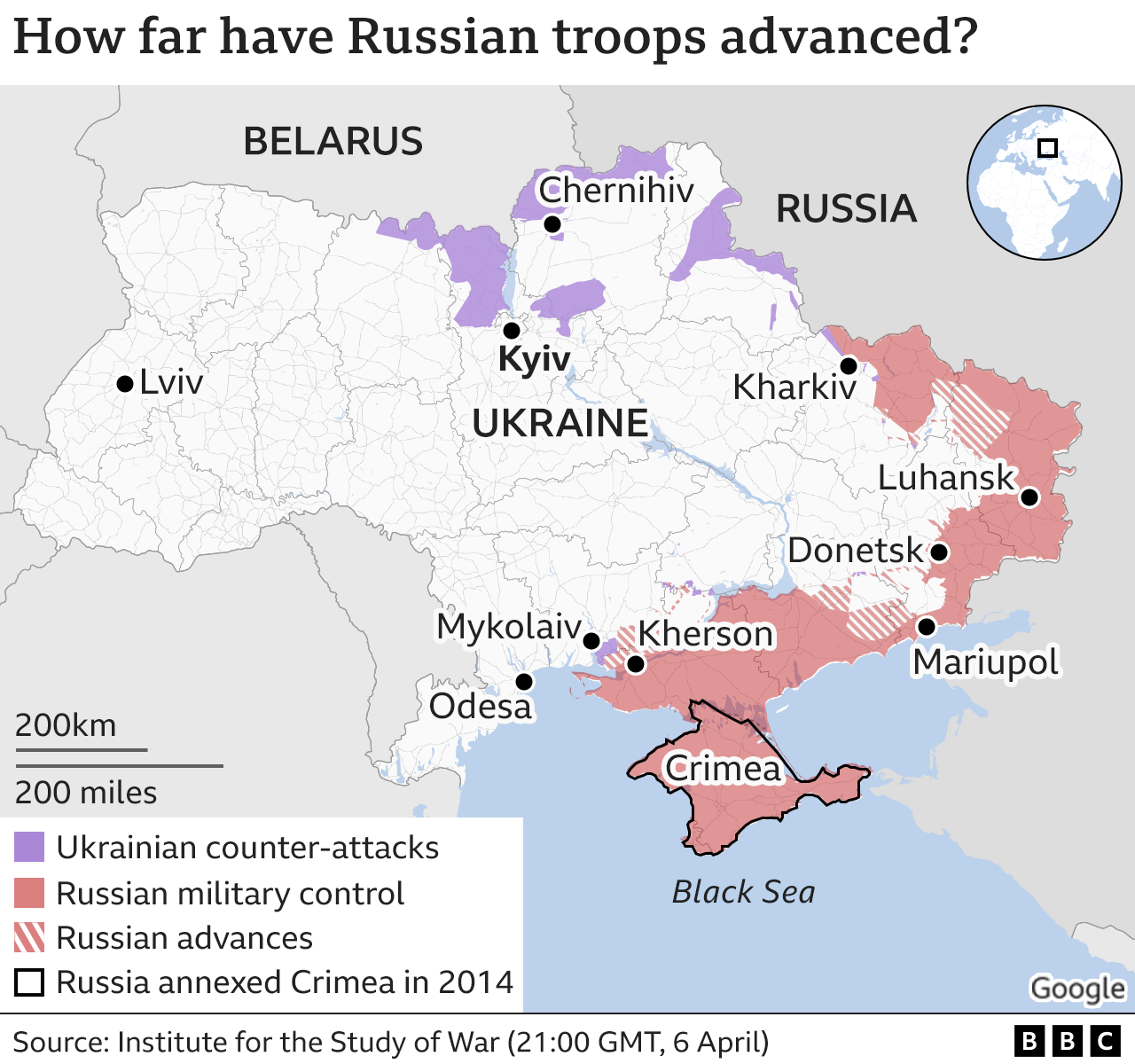
In a video address posted on YouTube, Ukrainian Defense Minister Oleksii Reznikov made a plea for heavier, more modern weapons as Russia mobilized its forces for a powerful attack.
Earlier this week, the US government rolled out fresh sanctions on Russian officials and entities, amid rapidly worsening relations between the two countries.
Citing “atrocities” in the former Soviet republic, Washington slapped sanctions against Russian banks, companies, and government officials – including their family members.
Among those targeted in the latest round of “full blocking sanctions” include President Vladimir Putin’s "adult children" and Foreign Minister Sergey Lavrov’s wife and daughter.
Prime Minister Mikhail Mishustin and former President Dmitry Medvedev have also been sanctioned for their role on the Russian Security Council.
On Thursday, the US blacklisted two Russian state-owned enterprises, United Shipbuilding Corp and the Alrosa diamond mining company, denying them access to the US financial system.
Western countries, led by the US, have slapped unprecedented sanctions on Russia since Putin announced a military operation in Ukraine on February 24 to demilitarize and “de-Nazify” it.
Delegations from Kiev and Moscow have been negotiating for peace and a ceasefire in recent weeks, but the breakthrough has been eluding.
Ukraine blasts German dependence on Russian energy
Ukraine's ambassador to Berlin accused the German government of half-hearted support for Kyiv and said his country had become a victim of Germany's
"shameful" energy dependence on Russia.
"It's not just Russian gas, it's oil, coal, metals, diamonds and other raw materials. We (Ukraine) have become the biggest victim of this perverted relationship. Ukrainians are paying for this failed German policy with their lives," Reuters quoted Andrij Melnyk as saying Friday.
His comments underscore a growing frustration in Kiev with the government of German Chancellor Olaf Scholz, who has dragged its heels where experts believe it most counts - an energy embargo.
"This kind of hypocrisy with Russia dates back to Nord Stream 1 (gas pipeline)," said Melnyk. "Germany's huge dependence on Russia, at a time of the worst aggression since the Second World War, is shameful."
After the German government put its highly contested new gas pipeline from Russia, Nord Stream 2, on hold after the invasion, there have been calls, unheeded in Berlin, to shut down Nord Stream 1, which has funneled Russian gas to Germany since 2011.
This week, the European Union agreed further sanctions on Russia, including a coal embargo, but that measure was watered down by Germany.
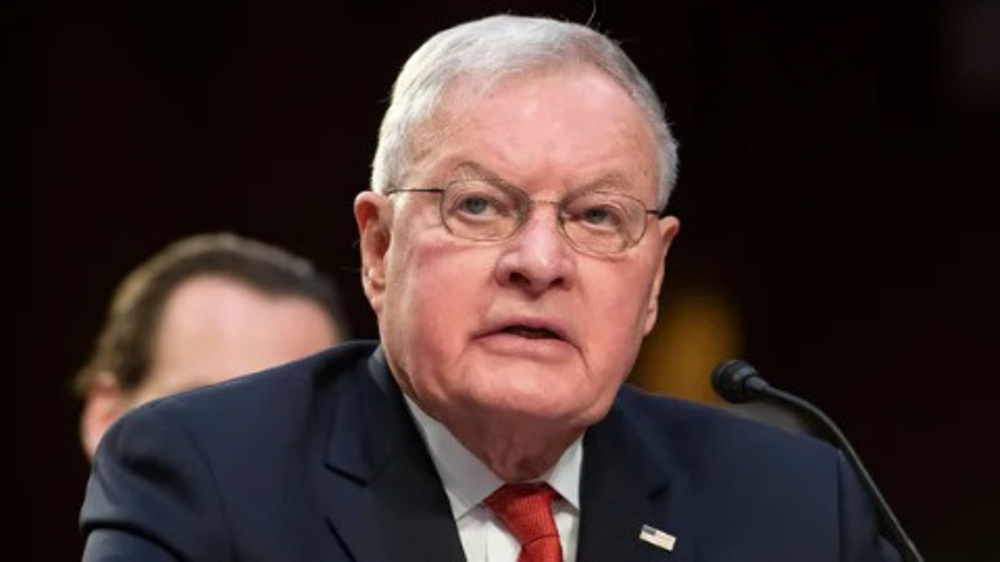
US seeks to ‘break’ Russia-Iran alliance: Envoy
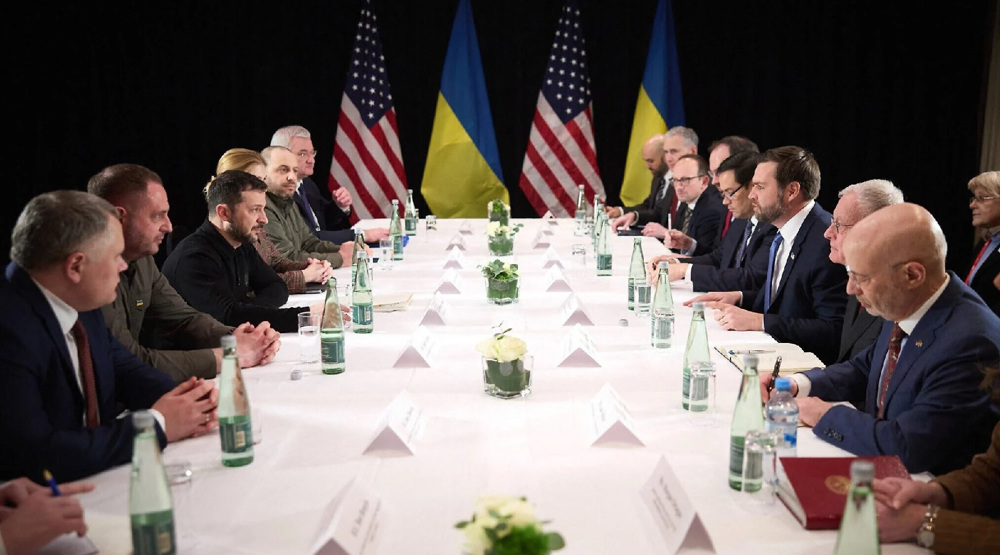
Ukraine stands ‘low chance’ of survival without US support: Zelensky
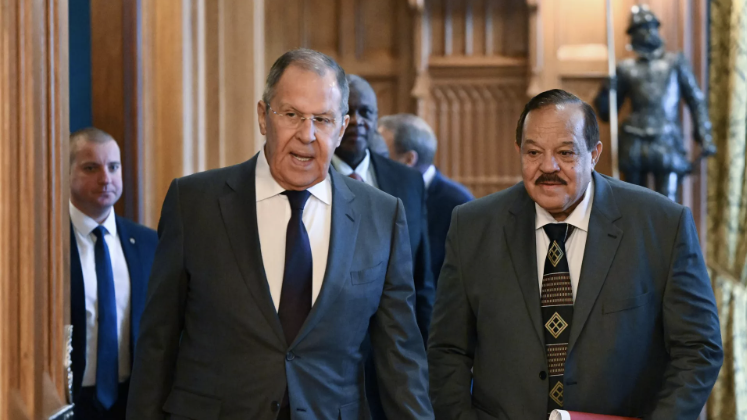
Russia secures agreement for naval base in Sudan
VIDEO | London demo condemns Trump's Gaza ethnic cleansing plans
VIDEO | Freedom from Israeli jails sign of victory
VIDEO | Yemen’s child cancer crisis rages amid conflict
VIDEO | 6th batch of Israeli captives released under Gaza ceasefire deal
VIDEO | Pakistan hosts international conference on Palestine
Israeli drone kills three Lebanese civilians with ‘surgical strike’ missile
US seeks to ‘break’ Russia-Iran alliance: Envoy
‘Iran a friendly state’: Hezbollah rejects ‘American, Israeli control’ over Lebanon


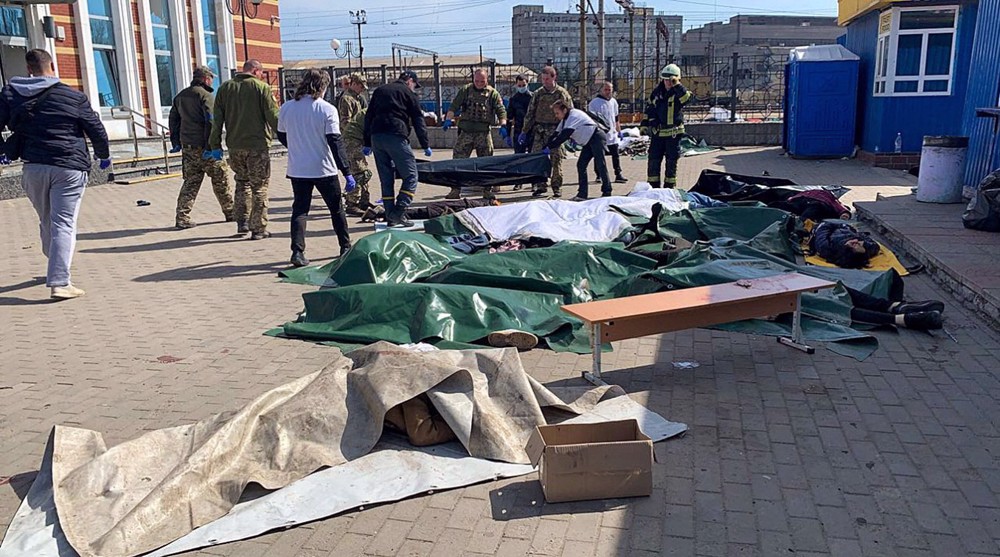
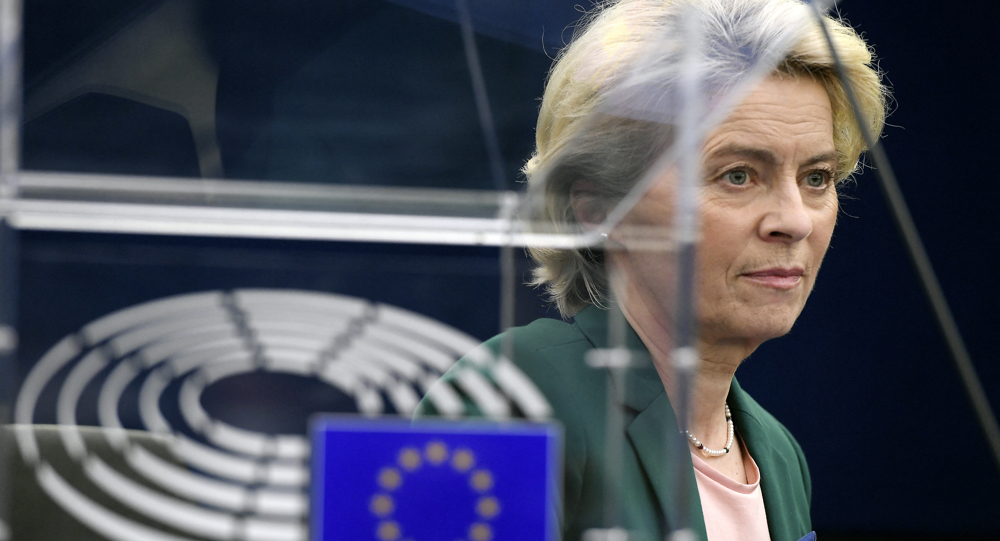
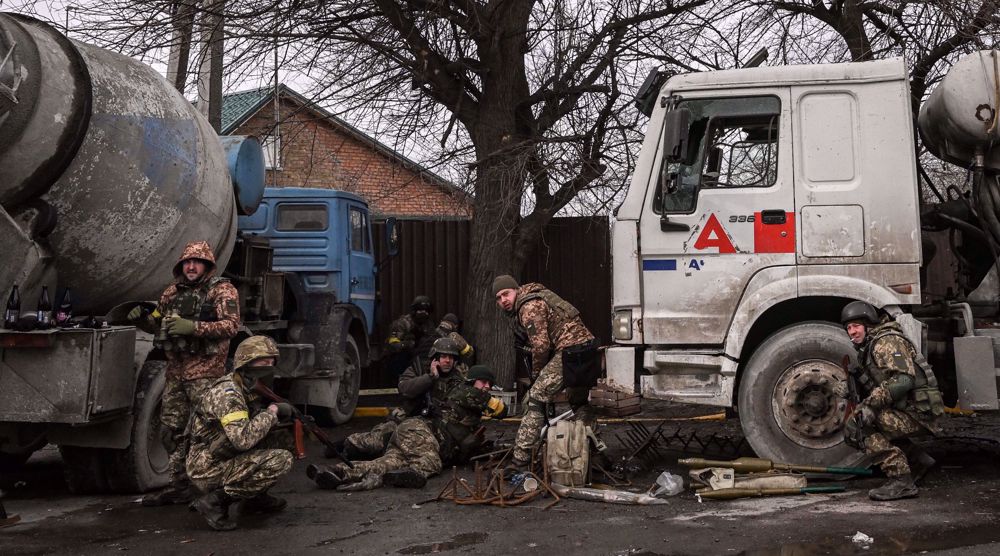



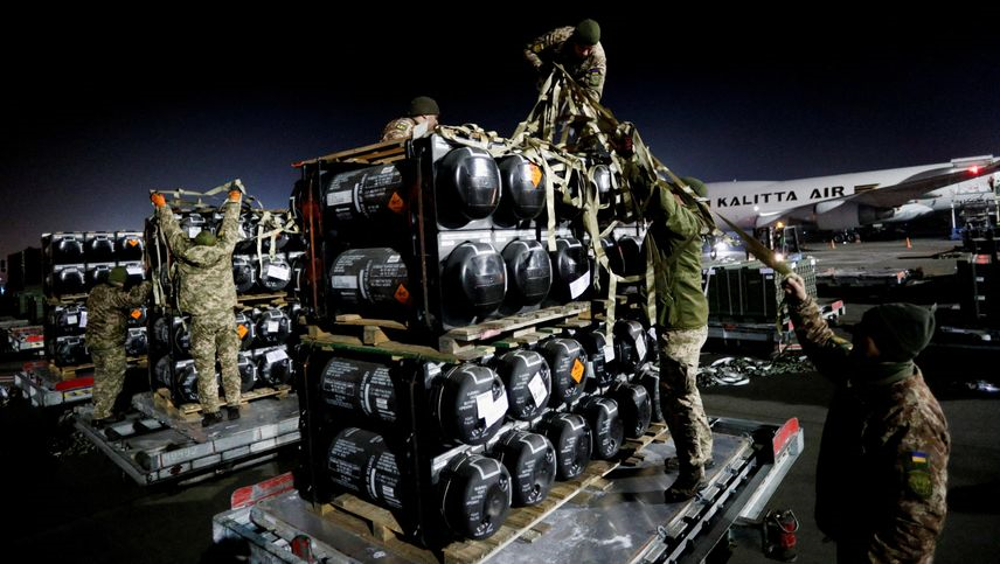
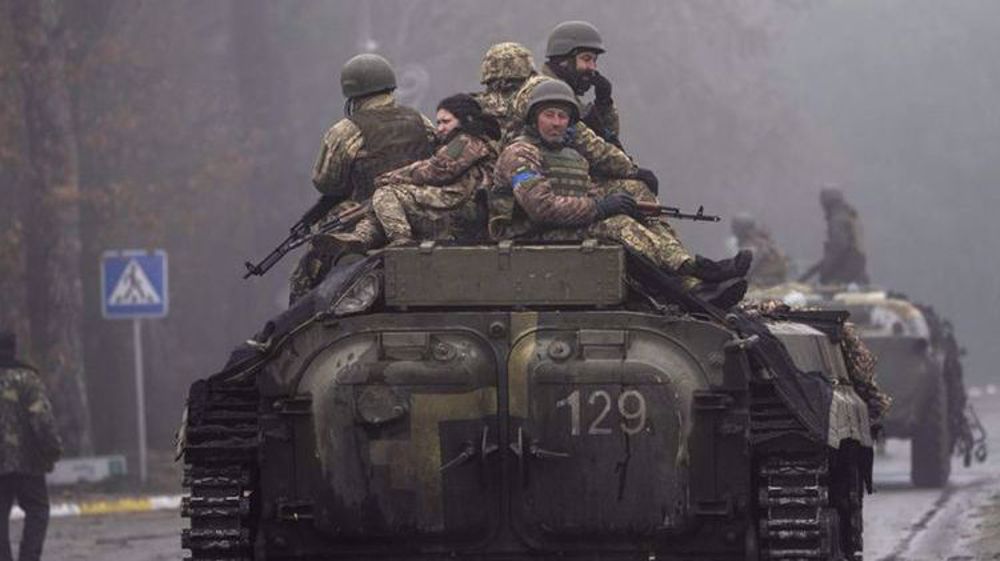
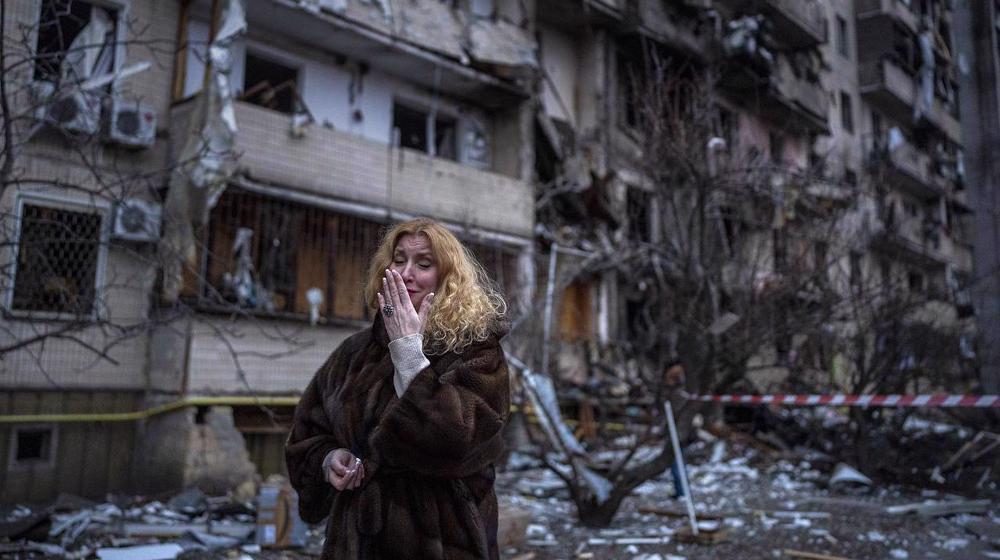
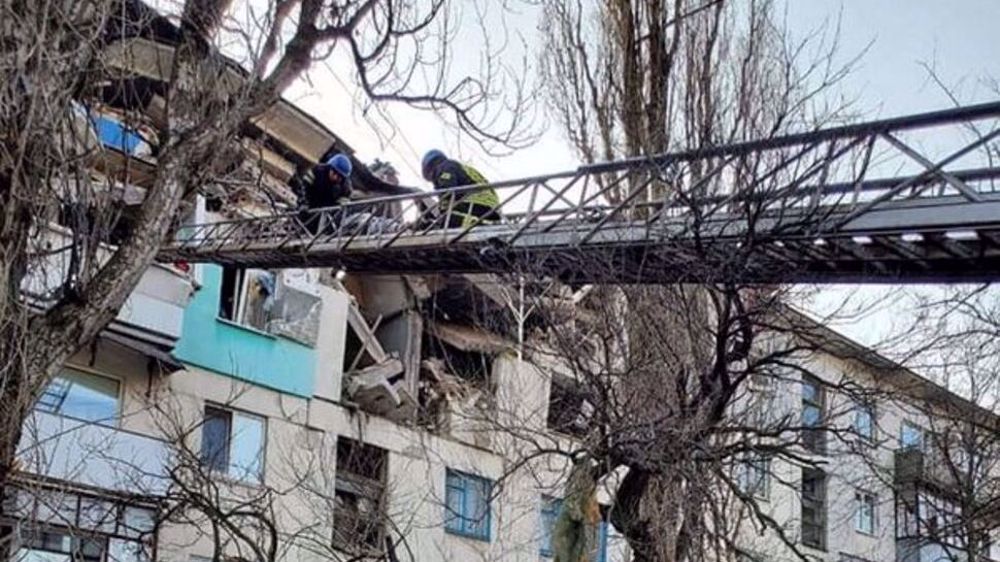
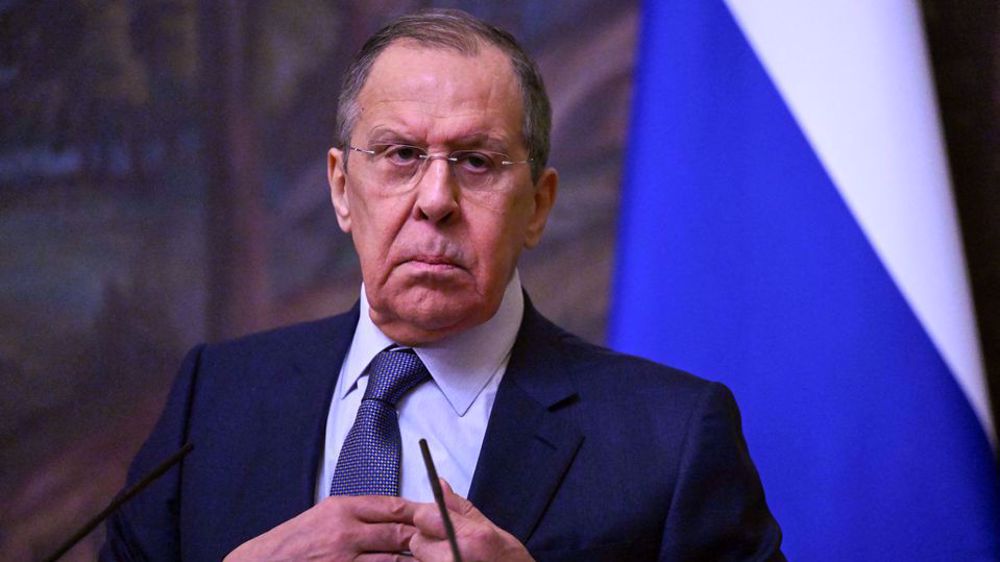

 This makes it easy to access the Press TV website
This makes it easy to access the Press TV website